British Council: We are implementing our programs not only in Baku, but also in districts
- 07 December, 2021
- 08:11
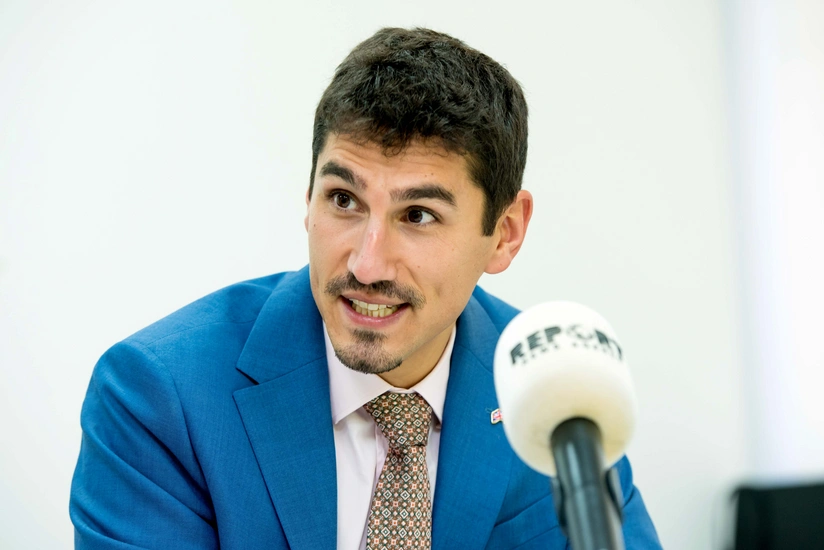
Report presents an interview with the director of the British Council in Azerbaijan, Francis Gardener-Trejo
What’s the number of Azerbaijani students entering the UK’s universities and how COVID-19 affected the numbers?
At the annual basic level, about 500 Azerbaijani students go to the UK, which is a high figure considering the size of the population. The UK is seemed to be the preferred study destination for students in Azerbaijan.
We promote this in several ways: the British Embassy in Azerbaijan annually conducts a Chevening program designed for students from all over the world who are going to study for a master's degree in the UK. In general, every year from 8 to 12 Azerbaijani students get the opportunity to study in the UK under this program.
In the initial period of COVID-19, travel was limited, but students were already in the UK for that academic year. The main focus there was on the immediate transition to online learning. The UK education system was quick at being able to do that. This way of working has encouraged the 21st century approach to teaching techniques which we also had to implement for our British Council program in Azerbaijan.
For this current academic year UK universities have opened fully in doing generally blended leaning, where you have some face to face lessons and some online. Obviously, students have been able to travel to the UK. Very much the UK education system has been able to continues and to develop to remain open for the overseas opportunities for students.
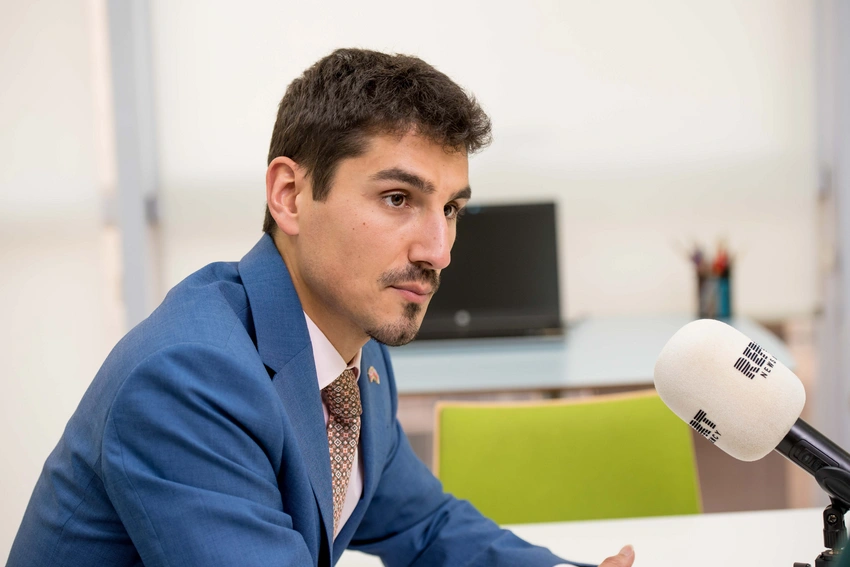
One of the most important developments that the UK government has introduced is that as of this year any student that studies in the UK can then apply for the graduate route visa which gives them 2 years ability to work in the UK. Students can benefit not only from the education system, but they can also gain additional work experience abroad and put these skills into practice in the workplace.
One of our key partners, with whom the British Council and the Embassy work, is AUKA (Azerbaijan-UK alumni association). They have number of interventions and provide opportunities to meet and share ideas in network. And that’s the way of maintaining the link with the UK and being able to swap ideas in order to benefit Azerbaijan’s future progression.
In addition, the British Council annually holds awards for alumni, which is an initiative carried out in Azerbaijan for many years. Its goal is to recognize the achievements of UK graduates who have returned to Azerbaijan and influenced their country development. The award nominations are: science and sustainable development, culture and creativity, social action and business innovation. The next award ceremony will take place on January 28, 2022.
How many of our universities cooperate with the UK’s? Are there any plans to increase these numbers?
Many Azerbaijani universities cooperate with universities in the UK, while there are more than a dozen with programs in which the British Council participates. We have a number of programs that establish these university connections: one of them is the Creative Spark program, which aims to encourage entrepreneurship among students and find practical ways that include training and opportunities to meet entrepreneurs and get ideas, find ways to start a business and understand from real life experience what it takes. We have 7 university partnerships between the UK and Azerbaijan under the Creative Spark program.
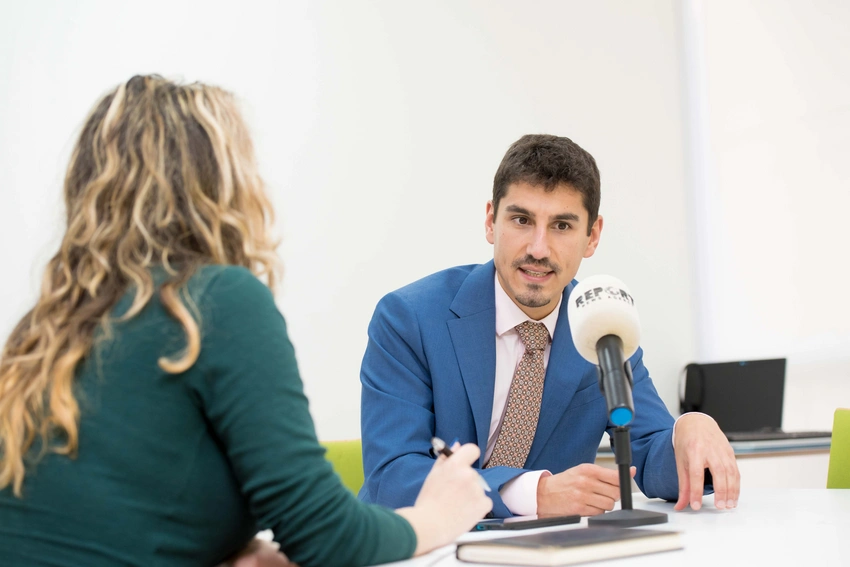
Aside from the British Council there’s a significant degree of interest in building Azerbaijan-UK links from both countries. There are a number of other partnerships that have grown organically between UNEC and London School of Economics and Political Science. British Council has also been involved in an open call for the universities of both countries who are interested in building the international links. We’re working on a number of opportunities now.
In your opinion, is there a growth in the numbers of people learning English in Azerbaijan and how can we promote language learning in the country?
There is a universal recognition of the need for English in the 21st century, and this is definitely reflected in the UK's strong relations with Azerbaijan. The importance of English is part of creating international opportunities.
Azerbaijan has strong relations with British companies, in particular with BP, which has been here for many years. This gave an impetus to people to learn English. Here we rely on the support of the Ministry of Education to understand what the needs are and to conduct a comparative analysis of the level of English proficiency.
In general, our work here is more focused on creating opportunities for learning English and building capacity both in the education sector and in the creative industries. Within the framework of educational goals, we have several programs that are aimed at continuous professional development of teachers and improvement of education when it comes to students in schools in the regions and Baku. We have our English language program, which is in a second year and is aimed at improving the skills of teachers and providing this additional resource as an English language learning for young students. After a year of research aimed at understanding the comparative analysis of the level of English proficiency and needs within the English-speaking part of the educational system of Azerbaijan, in the second year we introduced the implemented “an online teaching community”, which is an online learning platform, where during this year we will work with 2,000 teachers from all over Azerbaijan to conduct an eleven-week training course for them, where they will receive additional educational resources, ideas on how to teach English in the classroom.
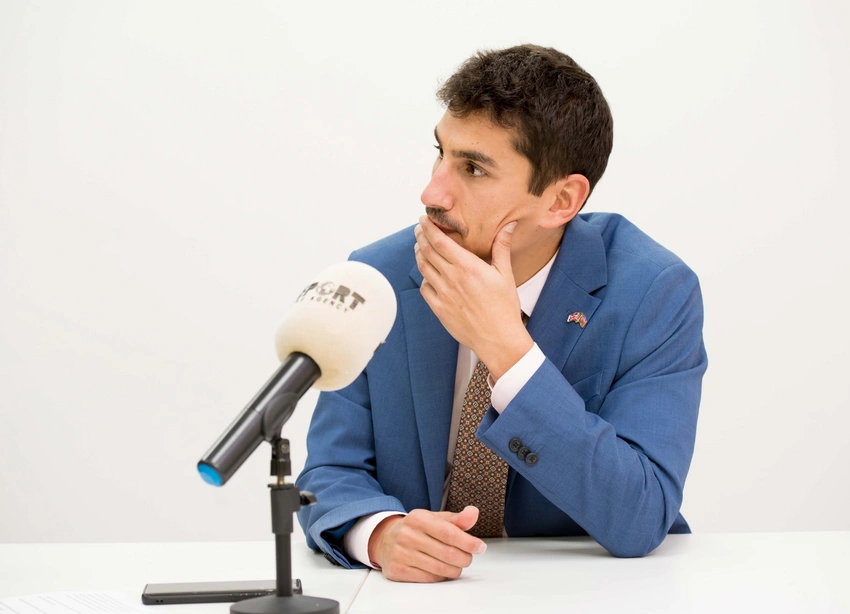
We also have a program funded by the Embassy called " learning hubs ", which is targeted throughout the country. Now we have 18 training centers in Baku, Lankaran, Ganja, Zagatala, Beylagan, Barda, Tartar and a number of other parts of the country - 7 out of 18 training centers work with communities of internally displaced persons. This year we will work with about 4,000 students and several hundred teachers, with excellent quality of English among very young people.
One of the very important areas of our work is concentration not only in Baku, but also beyond its borders, in the regions, and this is reflected in the geographical orientation of our programs. We are working with the Ministry of Education to select priority places and groups of teachers and students with whom we work. Using one school as a base, we attract teachers from several schools and students in the same city. Part of the funding goes to the development of the classroom, the environment in any way necessary to provide a safe and improved classroom learning space. All these 18 hubs have a physical base. We go there to understand how well the program is working, and talk to teachers to understand from them what they have learned and what we can learn as the program progresses.
Since I have been here, I have visited a number of centers outside of Baku and hope to visit all 18 of them.
In addition to education, there is also the Creative Economy program, which is a political-level program in which we work with the Ministry of Culture, s looking at how to create a network and sustainability in the cultural sector so that it can contribute to the economy of Azerbaijan. We have been working with the ministry for many years and helping them to find new industries of creative department.
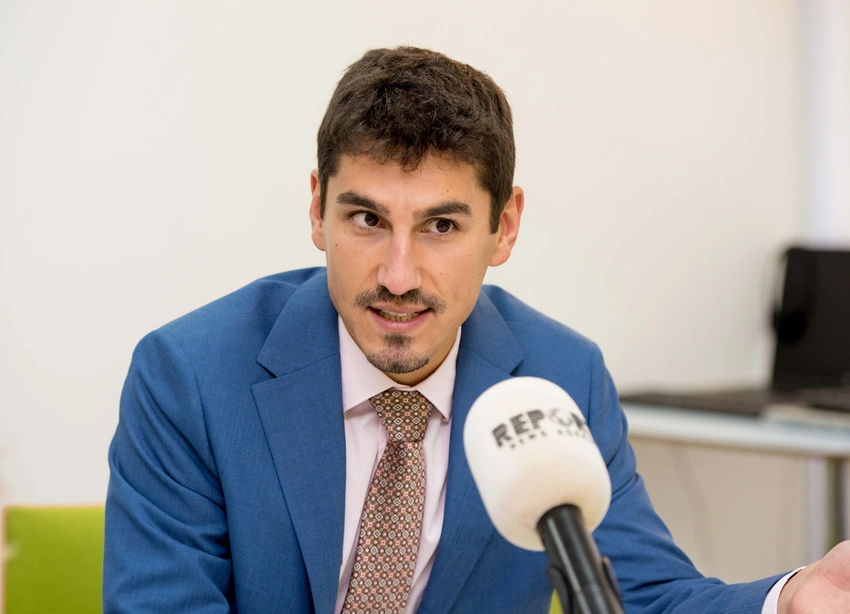
How many Azerbaijanis apply for IELTS exams and is there a growth in the numbers and results?
We get around 3,000 IELTS candidates per year, some through individuals that take the exam and some through partners and university institutions in Azerbaijan. IELTS is the ticket for people to be able to have the overseas university experience not only in the UK, but for many other countries. British Council have a lot of free resources to prepare for the exams online. The Council also runs a MOCK IELTS which replicates exactly the experience of taking IELTS. The IELTS marking is always done abroad by IELTS certified examiners all around the world, except for speaking, which is done locally. Even with speaking part of the exam if the test takers want, they can choose video call option, rather than physical exam in which case again their marks will be given by certified examiner.
